Debt evasion and absconding with money are common issues in business transactions. Many lawsuits have been filed to resolve these problems, but do you know the civil debt collection procedure? Join us to learn more about this in the article below.
1 Civil Debt Collection Procedure
Suing for debt collection can be time-consuming and require extensive legal paperwork. If you have attempted negotiation or mediation without success, according to Clause 186 of the 2015 Civil Procedure Code, you can sue on your own or through a legal representative to protect your rights.
Documents to Prepare
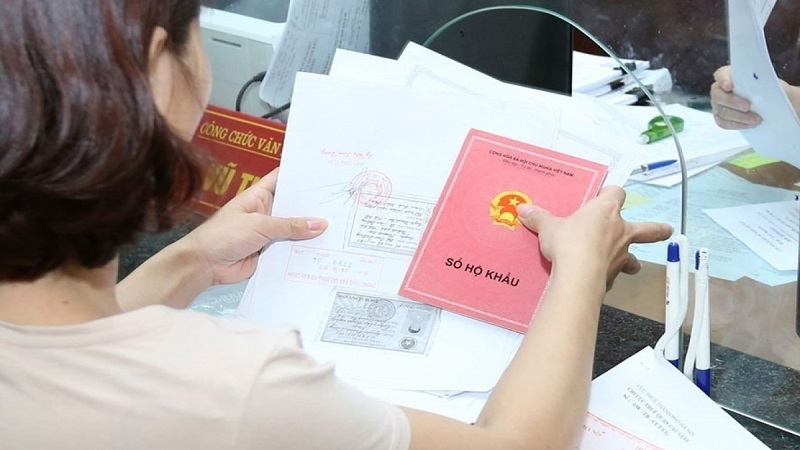 Documents to Prepare
Documents to Prepare
To initiate a lawsuit, the plaintiff must prepare the following documents:
- Complaint as per regulations
- Individuals: Certified copies of the plaintiff’s identification documents (Identity Card/Citizenship Card, Household Registration Book, etc.) and those of the involved parties
- Legal entities: Certified copies of the legal entity’s documents (business registration certificate, bylaws, appointment decisions, etc.) and those of the involved parties
- Copies of documents related to the transaction, such as invoices, loan agreements, loan contracts, evidence of performance or non-performance of contractual obligations between the parties,…
All documents must be in Vietnamese. If they are in another language, they must be translated into Vietnamese before submitting to the court.
According to Clause 1a, Article 35 of the 2015 Civil Code, the People’s Court at the district level has the jurisdiction to resolve civil disputes. Therefore, the documents should be submitted to the People’s Court at the district level where the defendant resides or works for initial proceedings, in accordance with Clause 1a, Article 39 of the Civil Code.
How to Submit the Lawsuit Documents to the Court
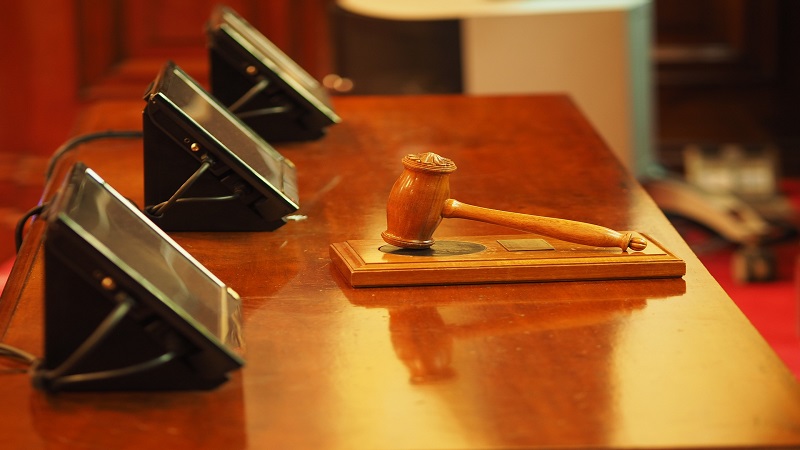 How to Submit the Lawsuit Documents to the Court
How to Submit the Lawsuit Documents to the Court
To submit the lawsuit documents and related papers to the court, according to Article 190 of Law No. 92/2015/QH13 of the Civil Code, there are three ways to do so:
- Submit directly at the court
- Send by postal service to the court
- Submit directly through the court’s electronic portal. The plaintiff will need to fill in personal information, details about the case, electronic signature, and then submit to the court.
Resolution Timeframe
 Resolution Timeframe
Resolution Timeframe
According to Article 191 of Law No. 92/2015/QH13, the regulations regarding the resolution timeframe for a complaint are as follows:
- For complaints submitted directly, the court must immediately issue a receipt. For complaints sent by postal service, a receipt will be issued within 02 working days.
- Within 03 days of receiving the complaint, the court will assign a judge to examine it.
- Within 05 days of the examination, the judge must make a decision to amend, supplement, return, or accept the case for resolution.
- The court will request any necessary additional documents within a maximum of 15 days.
- Within 07 days, if the case is found to be within the court’s jurisdiction, the plaintiff will be notified to pay the provisional court fees and receive a receipt.
The preparation time for the trial is regulated in Article 203 of Law No. 92/2015/QH13 as follows:
- The trial preparation phase lasts for 04 months, during which the court will establish the case file, determine the status of the parties involved, identify the dispute, collect evidence,… If the case is complex and faces obstacles, the timeframe can be extended by a maximum of 02 months.
- Within 01 month from the date of the decision to bring the case to trial, the Court will open a trial on the case.
If the case has been temporarily suspended, the resolution timeframe will be recalculated from the date the decision to continue resolving the case takes effect.
Thus, the resolution timeframe for a case is approximately 06 months, and it can be extended to 08 months if complex issues arise.
What are the Filing Fees?
 Filing Fees
Filing Fees
For civil lawsuits related to debt collection, these are considered cases with a price tag. According to Clause 3, Article 24 of Resolution No. 326/2016/UBTVQH14, a case with a price tag is one where the plaintiff’s request is for a specific amount of money.
- For disputes up to VND 60 million, the court fee is VND 3 million.
- For disputes between VND 60 million and VND 400 million, the court fee is 5% of the dispute value.
- For disputes between VND 400 million and VND 800 million, the court fee is VND 20 million plus 4% of the dispute value.
- For disputes between VND 800 million and VND 2 billion, the court fee is VND 36 million plus 3% of the dispute value.
- For disputes between VND 2 billion and VND 4 billion, the court fee is VND 72 million plus 2% of the dispute value.
- For disputes above VND 4 billion, the court fee is VND 112 million plus 0.1% of the dispute value.
2 How to Write a Debt Collection Lawsuit
 How to Write a Debt Collection Lawsuit
How to Write a Debt Collection Lawsuit
When writing a debt collection lawsuit, it is essential to provide complete and accurate information in the complaint to ensure the best resolution.
- Location: Indicate the location and date where the complaint is made.
- People’s Court: Specify the People’s Court where the defendant resides or works, including the district, province, or city of the Court.
- Information of the Plaintiff and Defendant: Fill in complete and accurate personal information such as full name, address, phone number, etc.
In the case of the plaintiff or defendant being a legal entity, provide the name of the agency or organization. If the plaintiff or defendant is under 18 years old or lacks civil act capacity, enter the personal information of the legal representative.
- Request the Court to Resolve the Following Issues: Clearly and specifically state each issue and the amount of money to be claimed, requesting the court’s resolution.
- List of Documents and Evidence Attached to the Complaint: Provide details of the attached papers and assign a serial number to each document.
The plaintiff can add necessary notes about the case (if any). For example, the plaintiff can note that the defendant has traveled abroad or cannot be present when the court accepts the case.
- Signature: For individuals, a signature and full name are required. For legal entities, a signature and seal of the legal representative are needed.
3 Frequently Asked Questions about Debt Collection Lawsuits
Can I Collect a Debt Without a Loan Agreement?
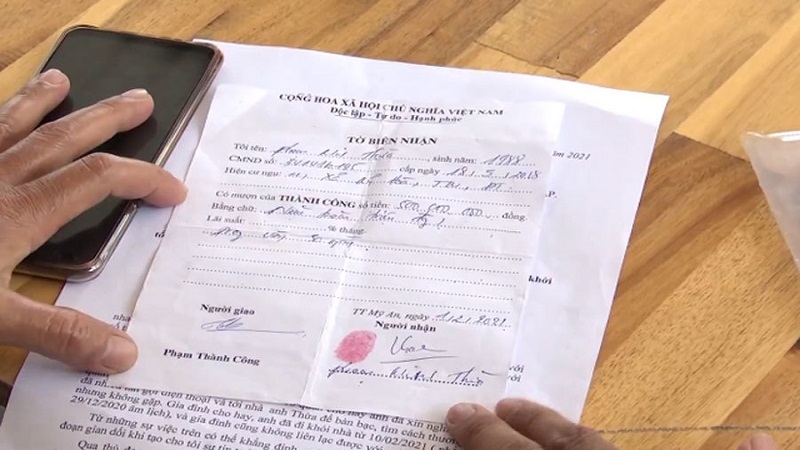 Loan Agreement
Loan Agreement
Lending money without a contract or loan agreement often occurs between acquaintances or friends. This phenomenon is quite common in life and can cause headaches when it comes to debt collection.
According to Article 463 of the 2015 Civil Code, there is no requirement for lending to be documented on paper. Instead, it can be an agreement between the parties, which may be through verbal, text, or email communication. However, the loan agreement must comply with Article 117 of the 2015 Civil Code regarding the conditions for validity, namely that the subjects must be entirely voluntary and the purpose must not violate the law.
Therefore, in the absence of a loan agreement, the lender can still sue for debt collection.
How Long Do I Have to File a Lawsuit?
 Lawsuit Filing Timeframe
Lawsuit Filing Timeframe
This is regulated in Article 429 of Law No. 91/2015/QH13. In contract disputes, the parties can agree on any form of agreement, and the lender has the right to sue if the borrower fails to fulfill their repayment obligations. The permitted timeframe for filing a lawsuit is 03 years from the date of recognizing the infringement of rights and interests. After this period, the right to sue will be lost.
How to Authorize Someone Else to Collect the Debt?
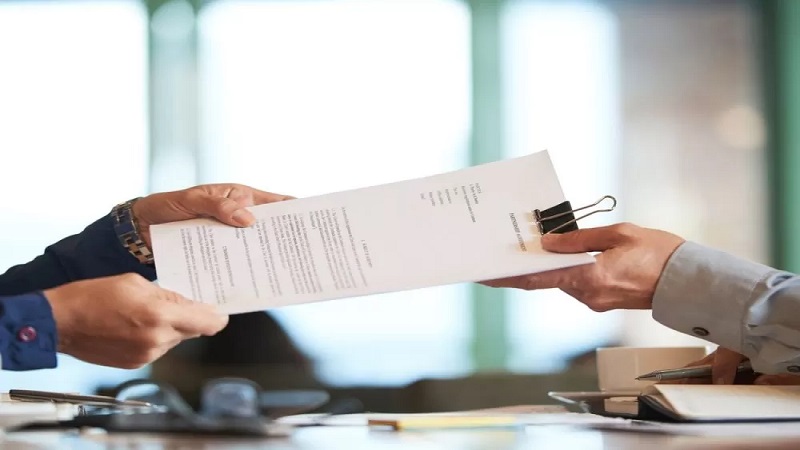 Debt Collection Authorization
Debt Collection Authorization
If you want to authorize someone else to collect the debt on your behalf, you and the authorized person must jointly establish a power of attorney and have it notarized. Then, take it to the People’s Committee at the commune level to certify the signatures. Once the signatures of both parties are certified, the power of attorney will take effect.
According to Article 581 of Law No. 33/2005/QH11: “The authorized party will act on your behalf in the debt collection process, and you are responsible for paying the authorized party’s fees (if agreed upon). If the borrower fails to repay the debt, the authorized party can file a lawsuit with the Court on your behalf.”
Can I Sue for Debt Collection Based on a Bank Transfer?
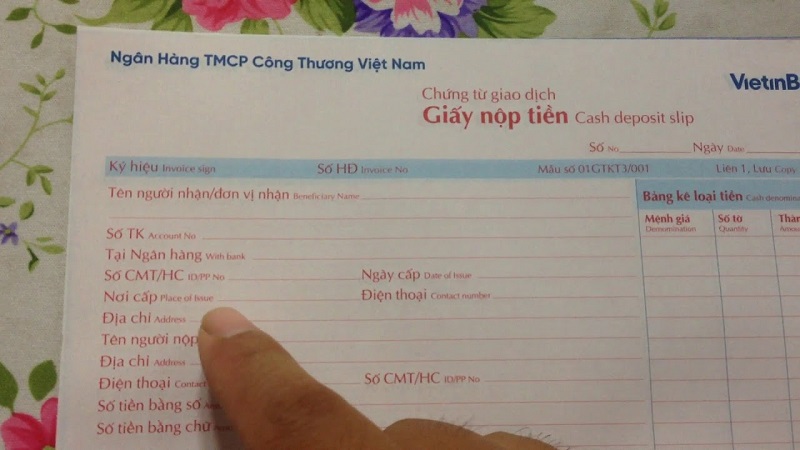 Bank Transfer
Bank Transfer
According to Article 119 of the 2005 Civil Code, transactions through bank transfers or electronic data are considered civil transactions recognized by the law. Additionally, electronic data is accepted as evidence according to Article 94 of Law No. 92/2015/QH13 of the Civil Code 2005.
Therefore, you can
05 Effective Ways to Accurately Look up Doctor Dong’s Loan Terms in 2024 – Start Monitoring Now to Apply
There are several ways to inquire about Doctor Đồng loan terms, such as through the website, hotline, direct visit to the transaction office, or checking on mobile apps. This inquiry will help customers to grasp the information in the contract in order to fulfill their obligations correctly and avoid penalty charges.


































